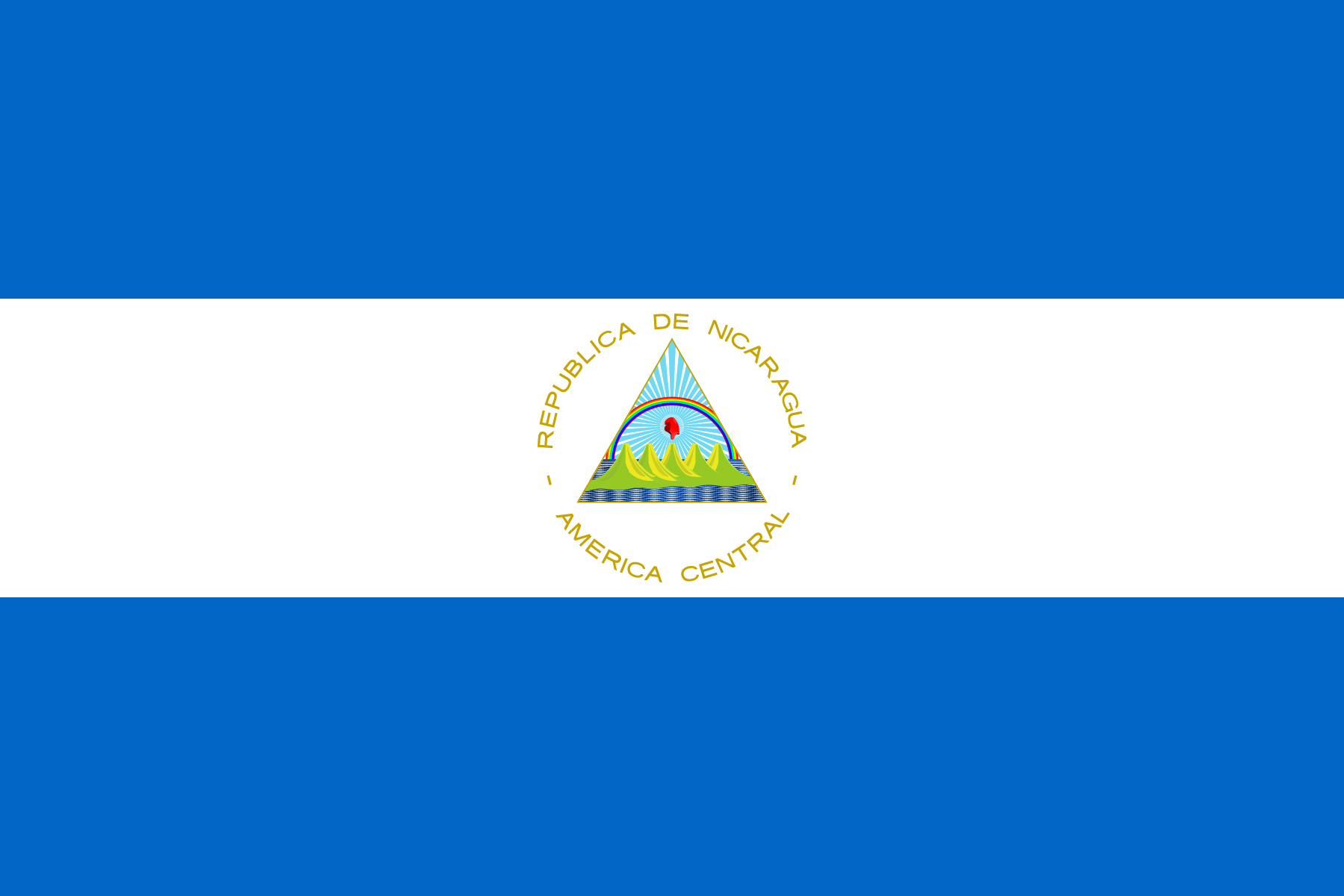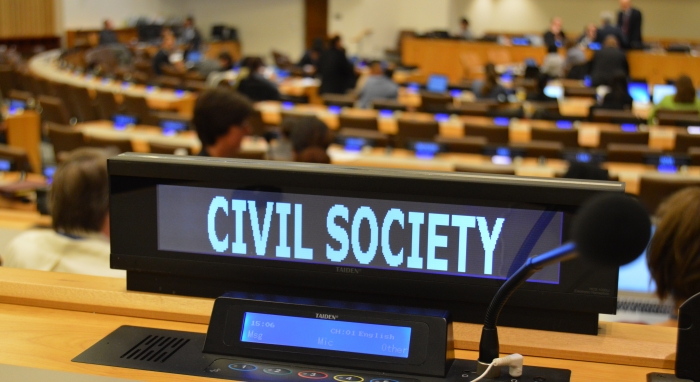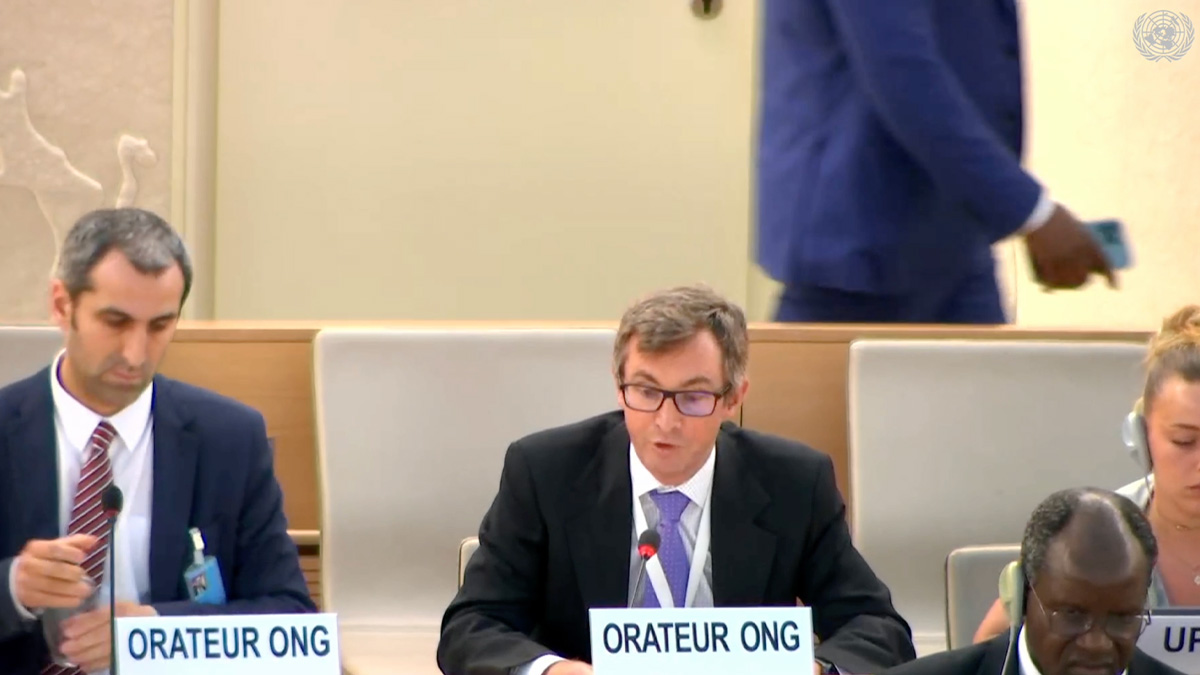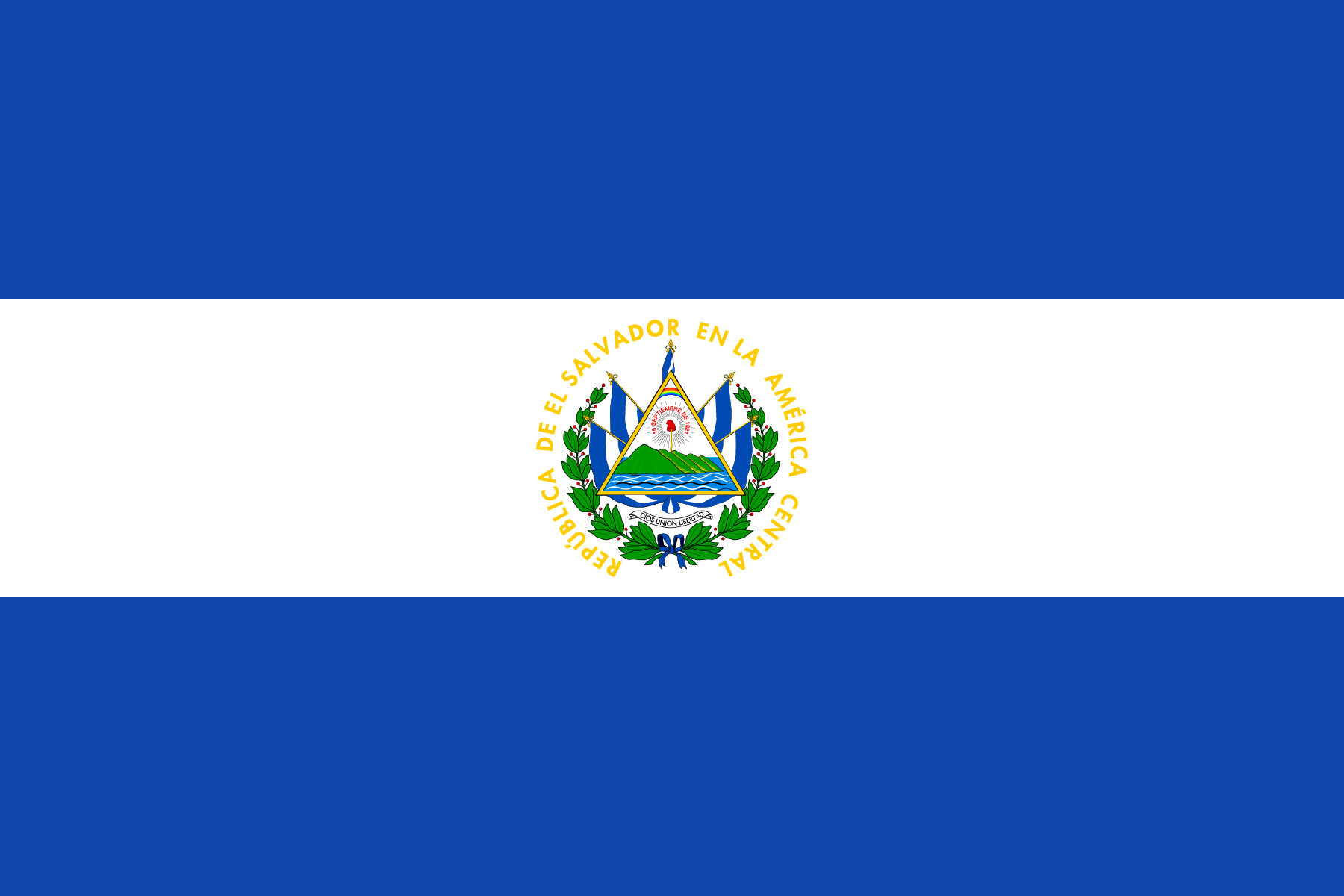
International community must protect Nicaraguan opponents exiled in Costa Rica
ISHR and the Colectivo 46/2 condemn the assassination of opposition leader Roberto Samcam Ruiz by the Nicaraguan Government.
Photo: ISHR

Over twenty years behind time, the Committee on NGOs finally met to listen to civil society. From Geneva, Mexico City and New York, NGOs provided the Committee with an analysis of the relationship between the UN and NGOs. They outlined what must change both to maximise the potential of civil society participation and ensure the protection of those who engage.
The relationship between the UN and NGOs was in the spotlight on Friday, when the Committee on NGOs heard from civil society in New York, Mexico City and Geneva, as well as through video messages, on how to improve access to and participation with UN processes.
‘The Economic and Social Council (ECOSOC) defined the relationship between the UN and NGOs to be an evolving one pointing to the potential for a growing appreciation of the value of a diverse civil society engagement and of the technical advances to facilitate that engagement,’ said ISHR’s Eleanor Openshaw delivering a statement for ISHR.
The Committee – the body responsible for monitoring the relationship between the UN and NGOs – was mandated in 1996 to meet with accredited NGOs at least twice a year. It took a decision by the Economic and Social Council (ECOSOC) last year to finally force the Committee to convene the first meeting to explore that relationship.
The three hour meeting time was almost exclusively given over to civil society, who offered a raft of recommendations, including:
‘As the High Commissioner on Human Rights recently pointed out, reprisals are counterproductive – they undermine the effectiveness of the UN,’ said Openshaw. ‘They are also unconscionable individual human rights violations’.
The NGO Conectas Direitos Humanos delivered a statement in name of 258 NGOs – a larger number than two years ago – demanding reform of the practice and procedures of the Committee on NGOs.
‘Civil society participation makes for better outcomes. Therefore, the question is how to best harness that expertise, figuring out access and participation processes that truly facilitate engagement and protect those engaging from threats and attacks,’ Openshaw added.
The report of the meeting will be provided to ECOSOC to consider during their 3rd July session.
‘We hope that ECOSOC Members will respond positively to the recommendations made by civil society,’ Openshaw concluded. ‘In addition, we also look forward to the next exchange with the Committee to follow up on recommendations made.’

ISHR and the Colectivo 46/2 condemn the assassination of opposition leader Roberto Samcam Ruiz by the Nicaraguan Government.

In a statement at an interactive dialogue on the annual report of the High Commissioner, ISHR Executive Director Phil Lynch called on States to support the work of defenders and to pay their UN dues.

ISHR joins organisations from across Latin America and beyond in condemning the adoption of a 'Foreign Agents' law in El Salvador that seriously threatens independent civil society in the country.